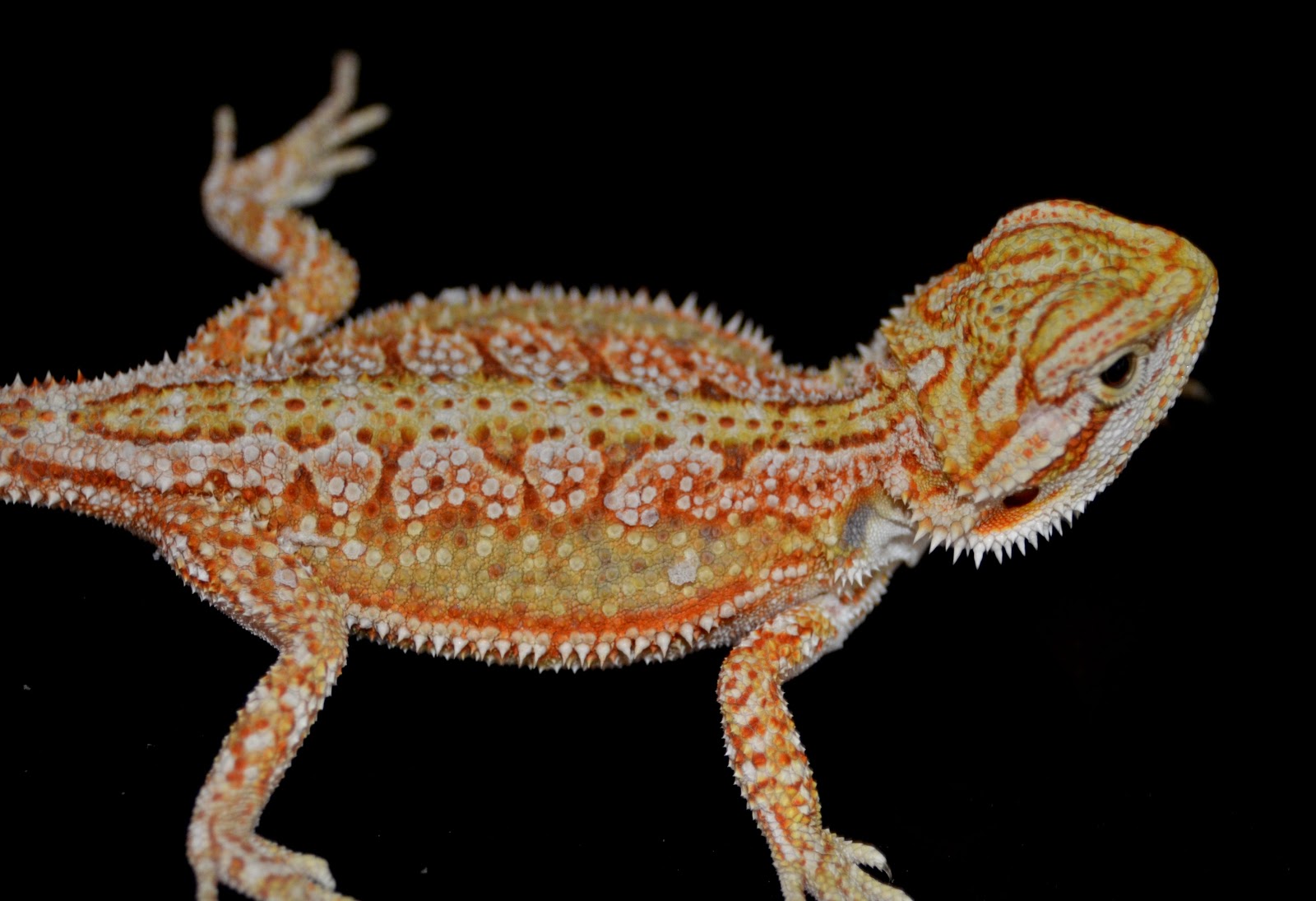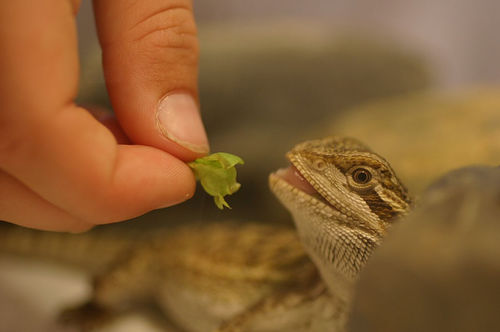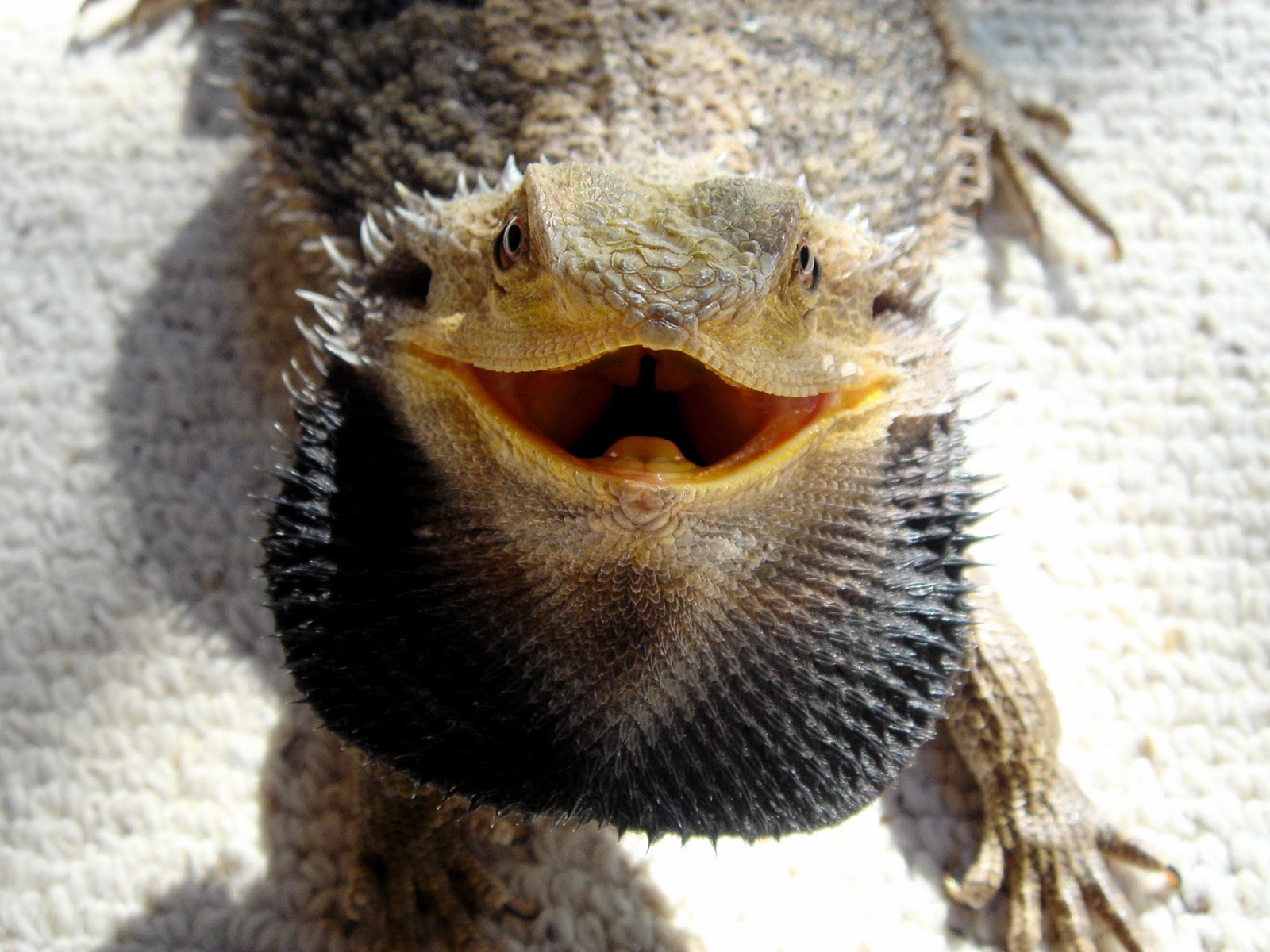Why is My Bearded Dragon Shedding so Much? Tips and Tricks for Beginner Owners
Why is My Bearded Dragon Shedding so Much?
Bearded dragons are wonderful pets that are relatively easy to care for, but it can be concerning when they start shedding excessively.
If you’re a beginner struggling to understand why your bearded dragon is shedding so much, this post is for you! We’ll cover the most common reasons for excessive shedding and give you some helpful tips and tricks for taking care of your scaly friend.
Reasons for Excessive Shedding
Before we get into the tips and tricks, it’s important to understand why your bearded dragon might be shedding so much. Here are some of the most common reasons:
1. Growth
Bearded dragons shed their skin as they grow, and baby bearded dragons shed more frequently than adults. If your bearded dragon is young and shedding frequently, it’s likely just a normal part of their development.
2. Pogona Vitticeps Adenovirus (PVA)
PVA is a viral infection that can cause excessive shedding, among other symptoms. If you suspect your bearded dragon has PVA, take them to a veterinarian immediately.
3. Stress
Stress can cause bearded dragons to shed more frequently than usual. Common sources of stress include changes in environment, temperature, and diet.
4. Poor Nutrition
If your bearded dragon is lacking essential vitamins and minerals, their skin may become dry and flaky, leading to excessive shedding.
Tips and Tricks for Bearded Dragon Care
Here are some helpful tips and tricks for taking care of your bearded dragon and preventing excessive shedding:
1. Provide Proper Lighting and Temperature
Bearded dragons need access to both heat and UVB lighting to regulate their body temperature and produce vitamin D3. Make sure your bearded dragon’s habitat has the right lighting and temperature to keep them healthy and happy.
2. Feed a Balanced Diet
Bearded dragons need a balanced diet of insects and vegetables to stay healthy. Make sure you’re providing a variety of nutritious foods and avoiding processed or high-fat foods that can lead to obesity and other health problems.
3. Keep the Habitat Clean
A dirty habitat can cause stress and illness in bearded dragons. Make sure to clean your bearded dragon’s habitat regularly to keep them healthy and happy.
4. Handle with Care
Bearded dragons are sensitive creatures that can become stressed if handled too much or too roughly. Handle your bearded dragon gently and give them plenty of time to rest and relax.
5. Seek Veterinary Care
If you’re concerned about excessive shedding or any other symptoms in your bearded dragon, don’t hesitate to seek veterinary care. A veterinarian with experience in reptile care can help you diagnose and treat any health problems your bearded dragon may have.
Final Thoughts
Excessive shedding can be a sign of a health problem in your bearded dragon, but it can also be a normal part of their growth and development. By following these tips and tricks for bearded dragon care, you’ll be able to keep your scaly friend healthy and happy for years to come.




